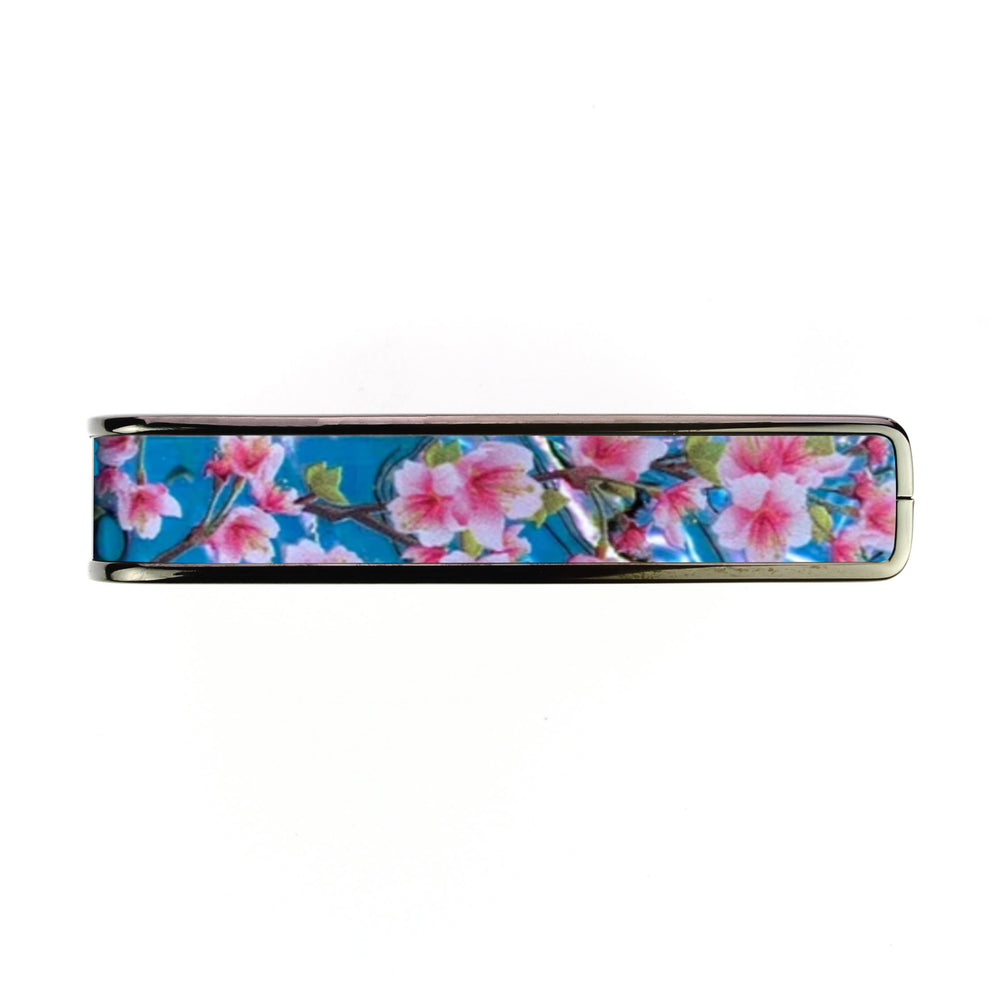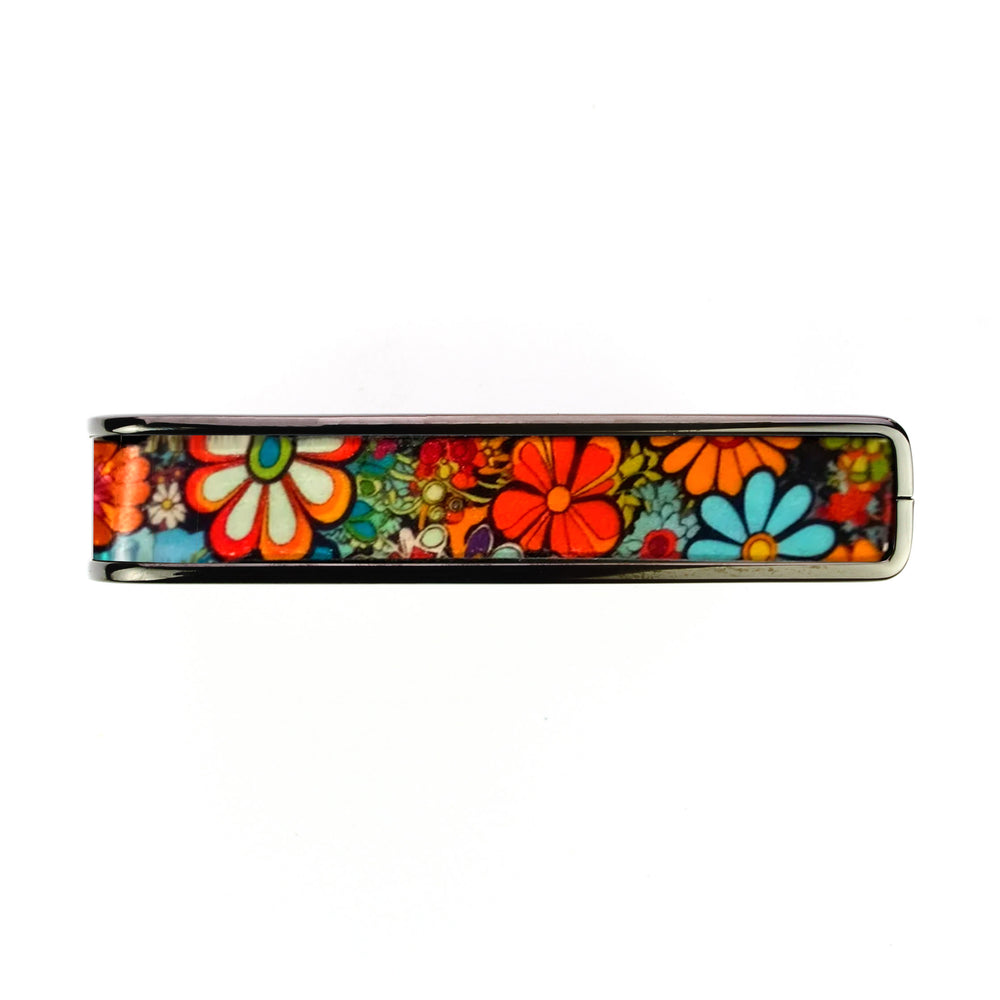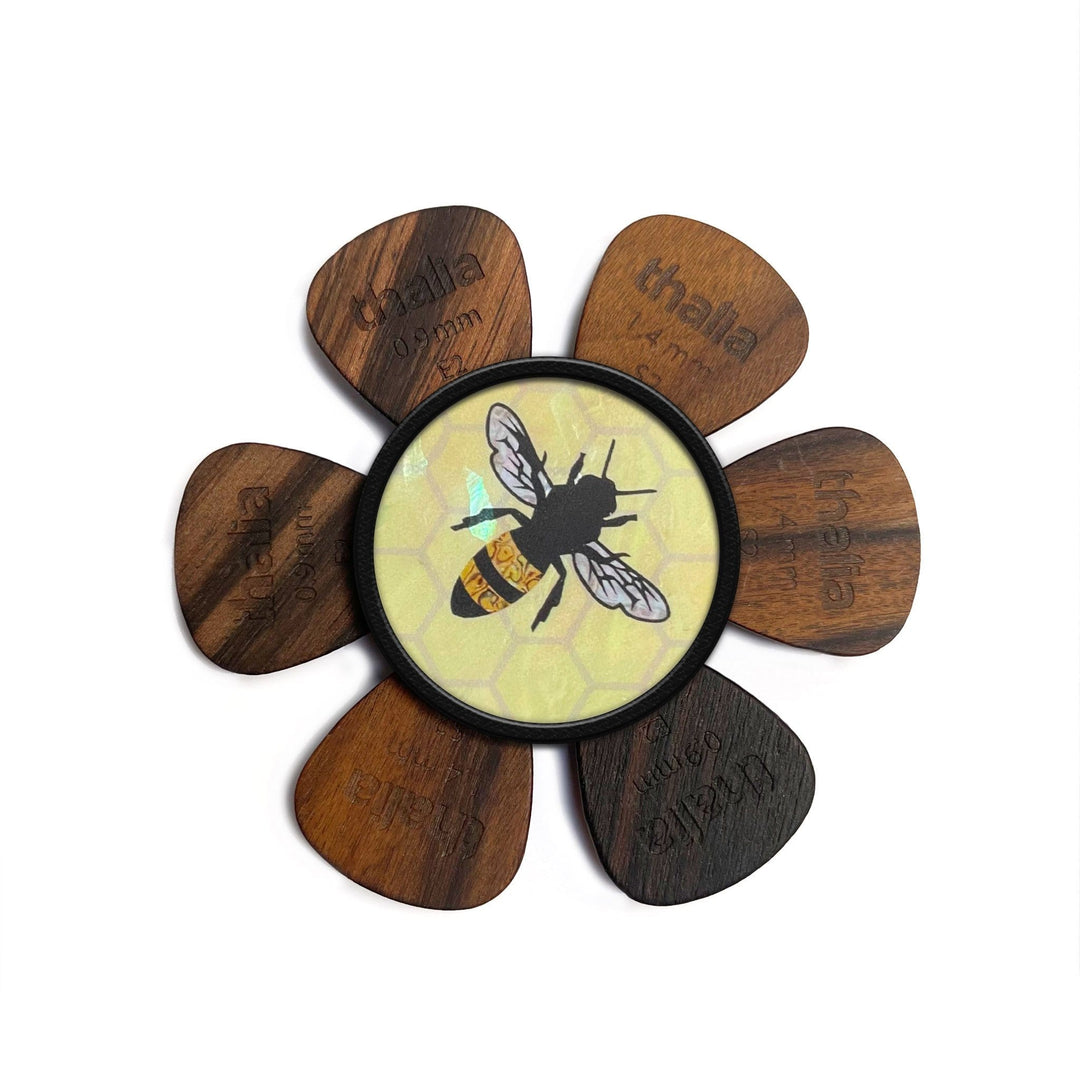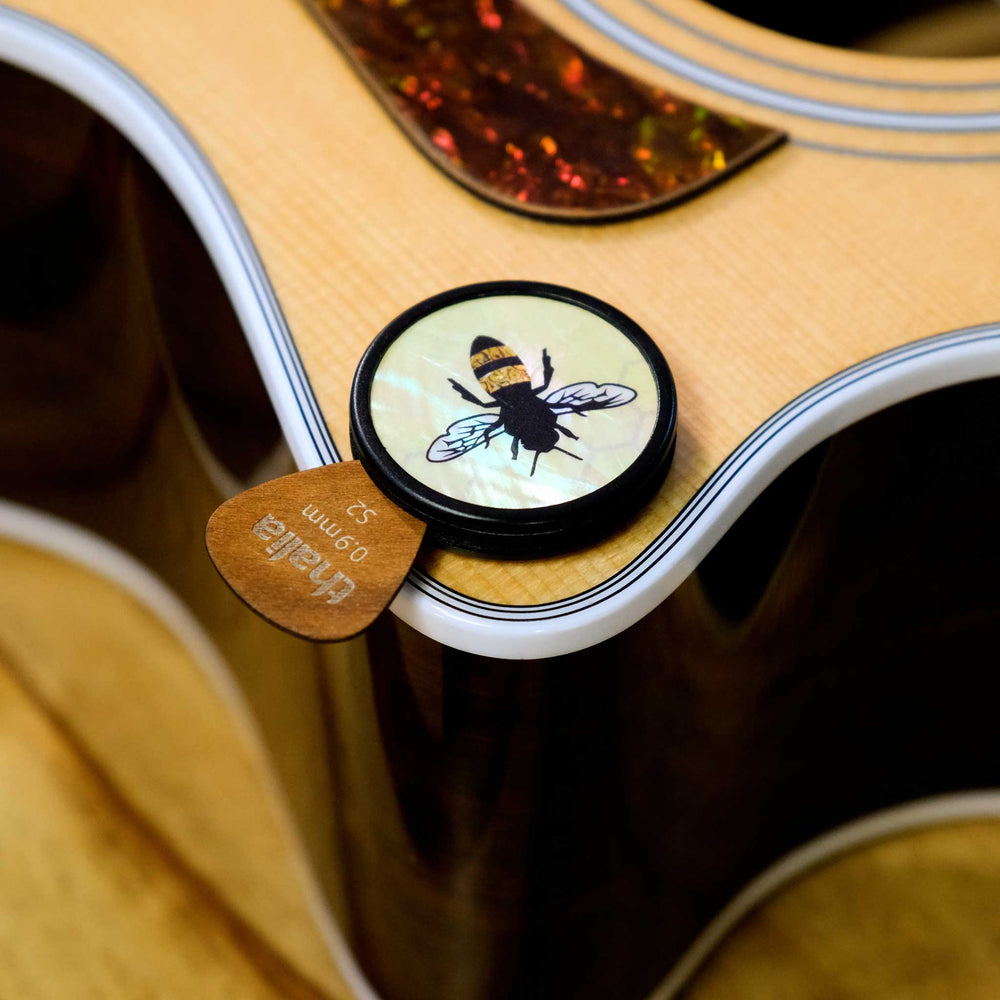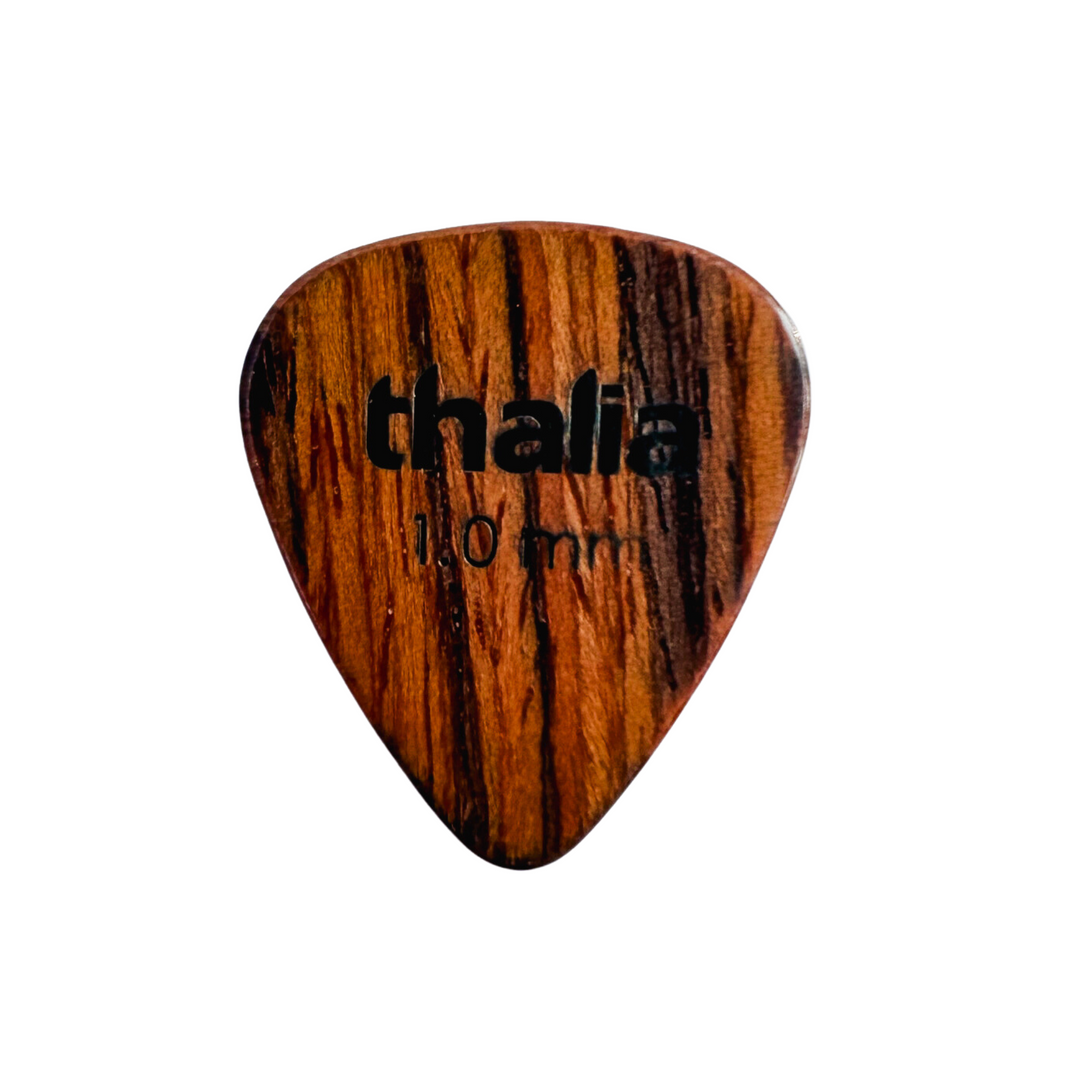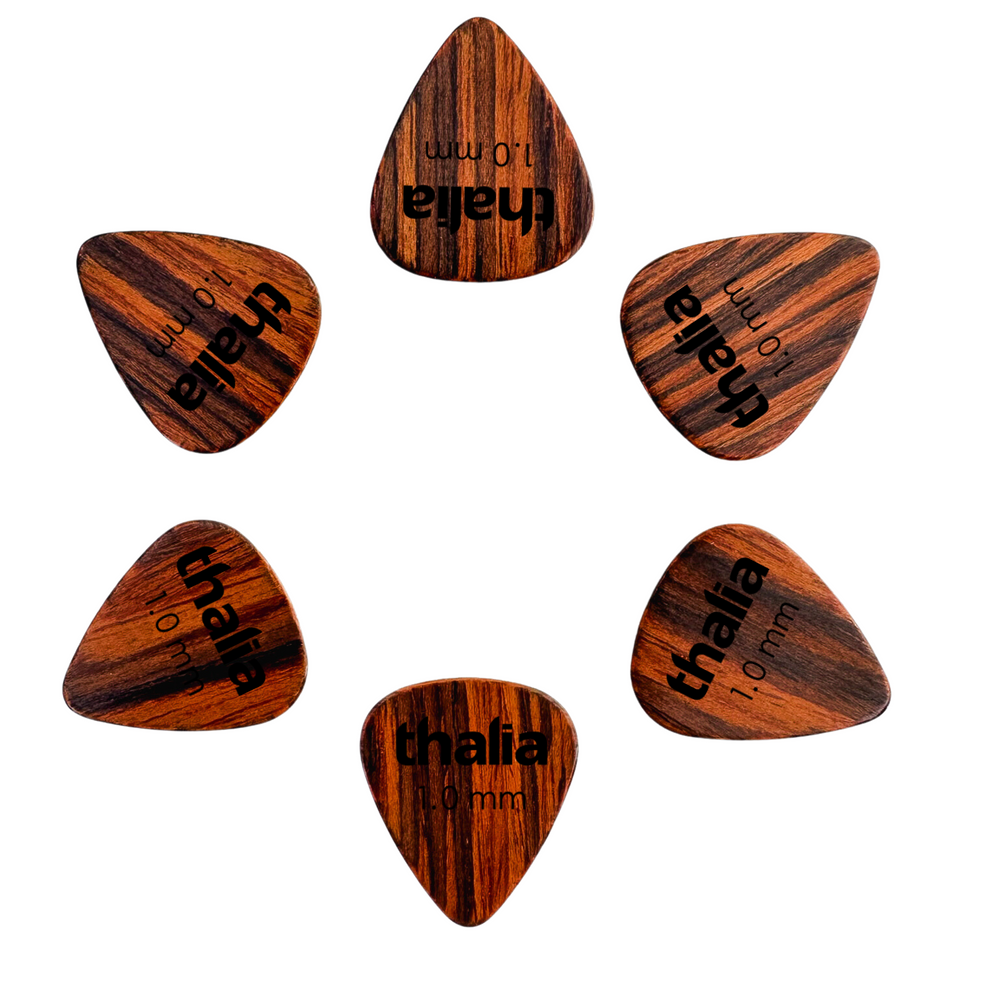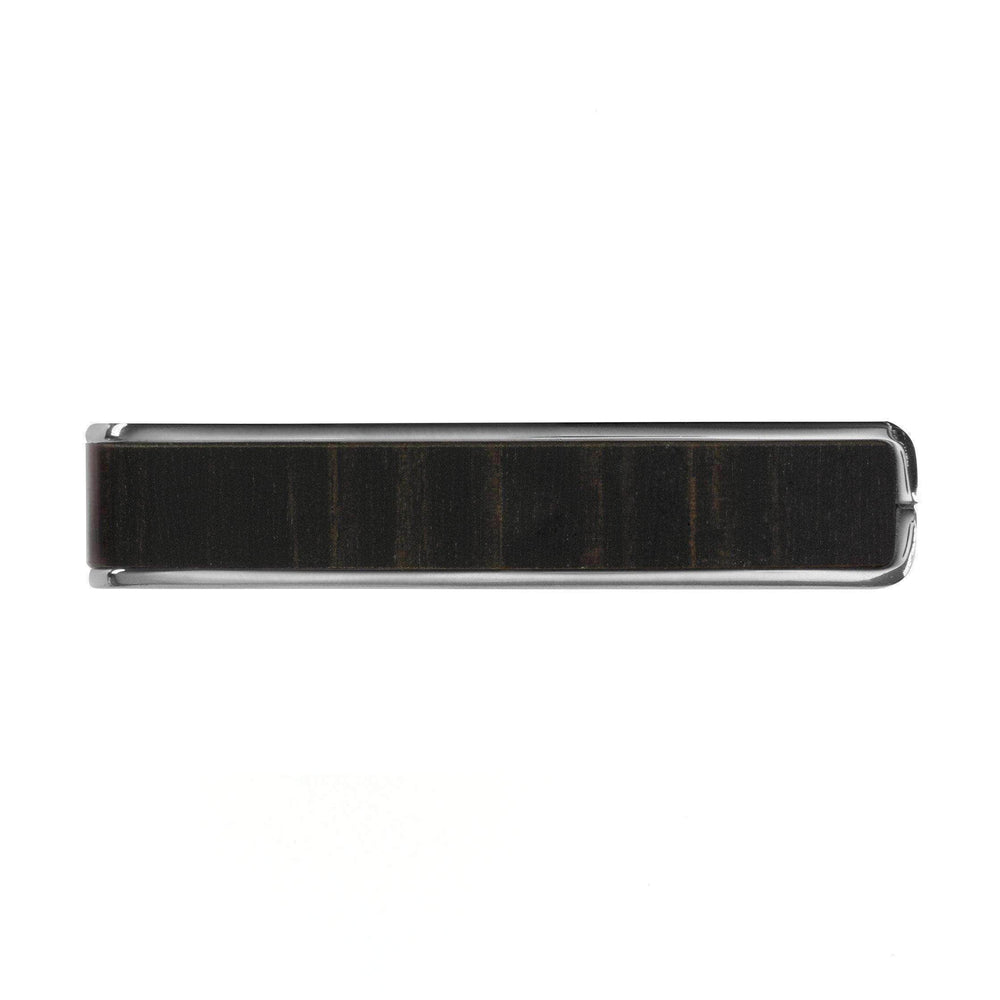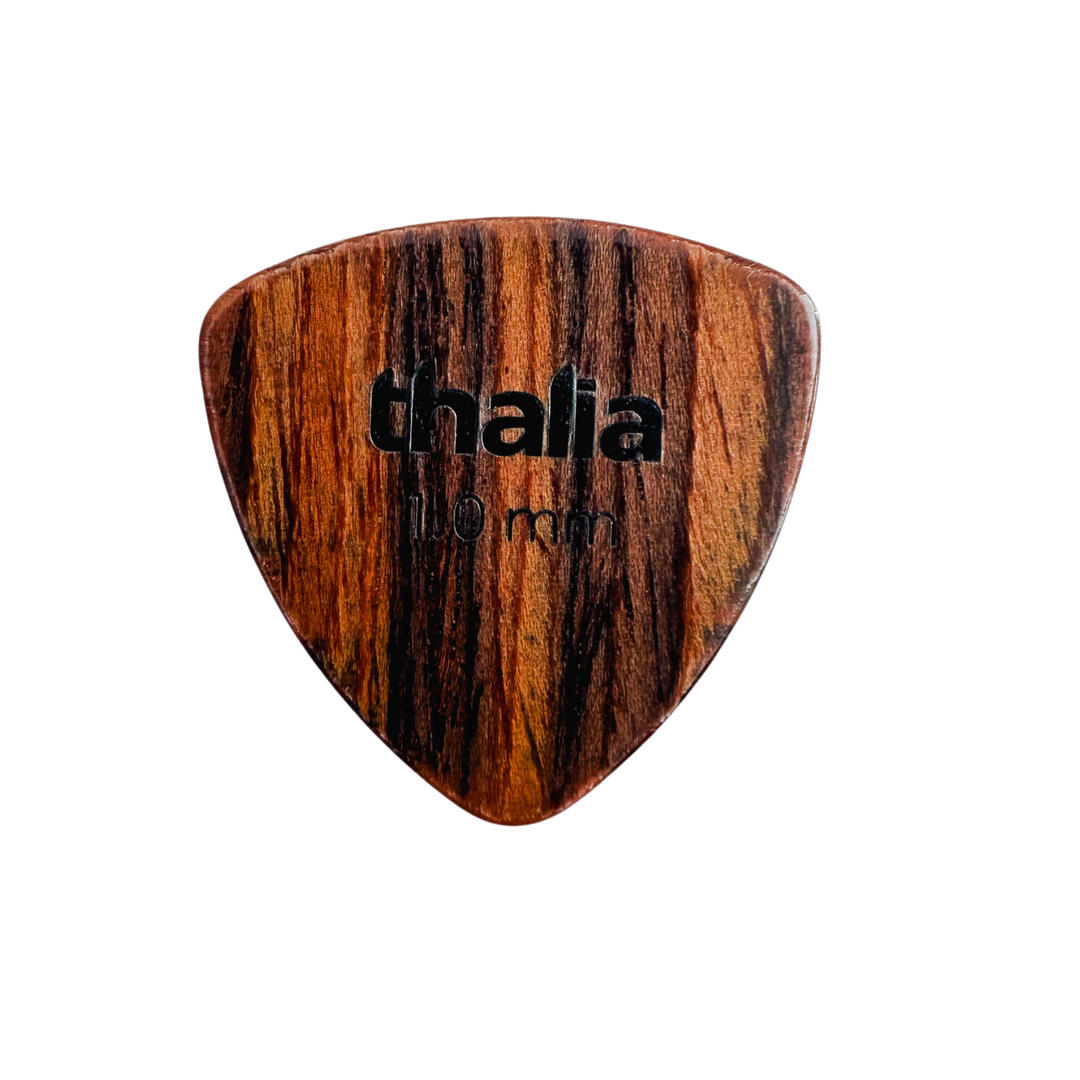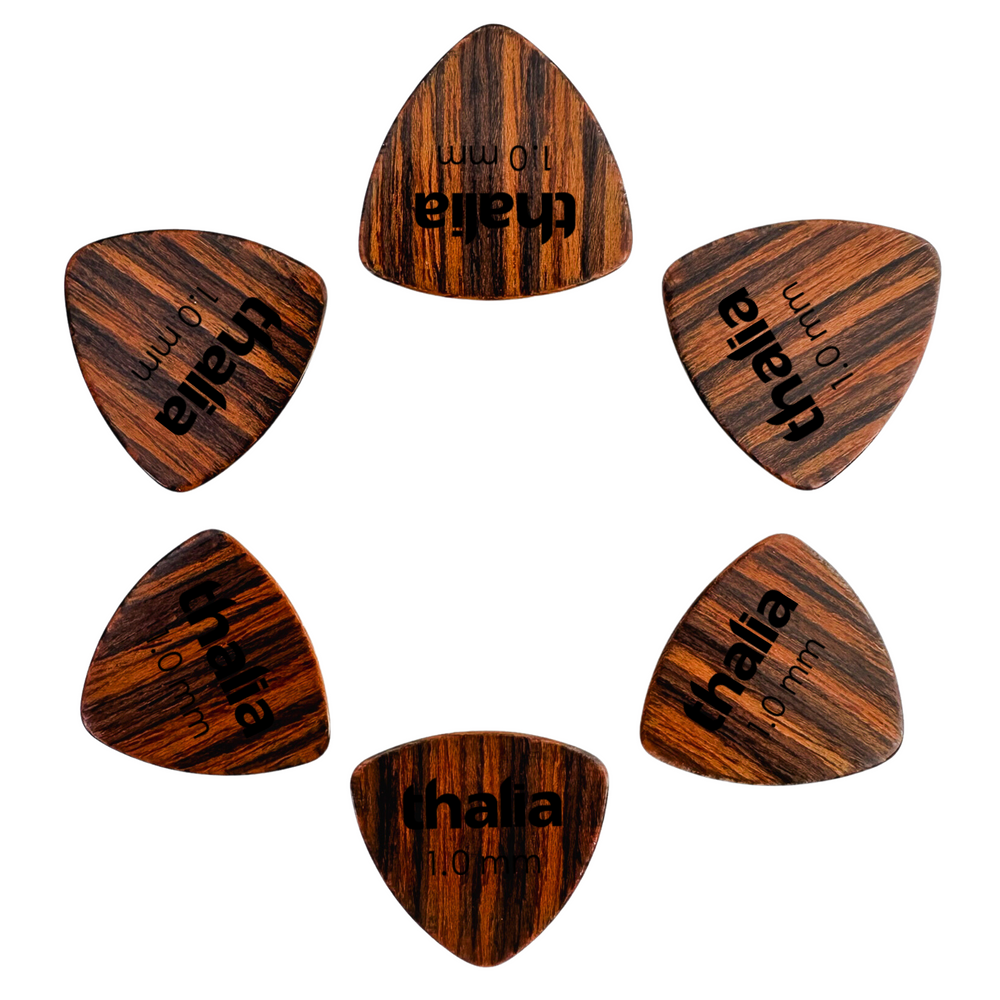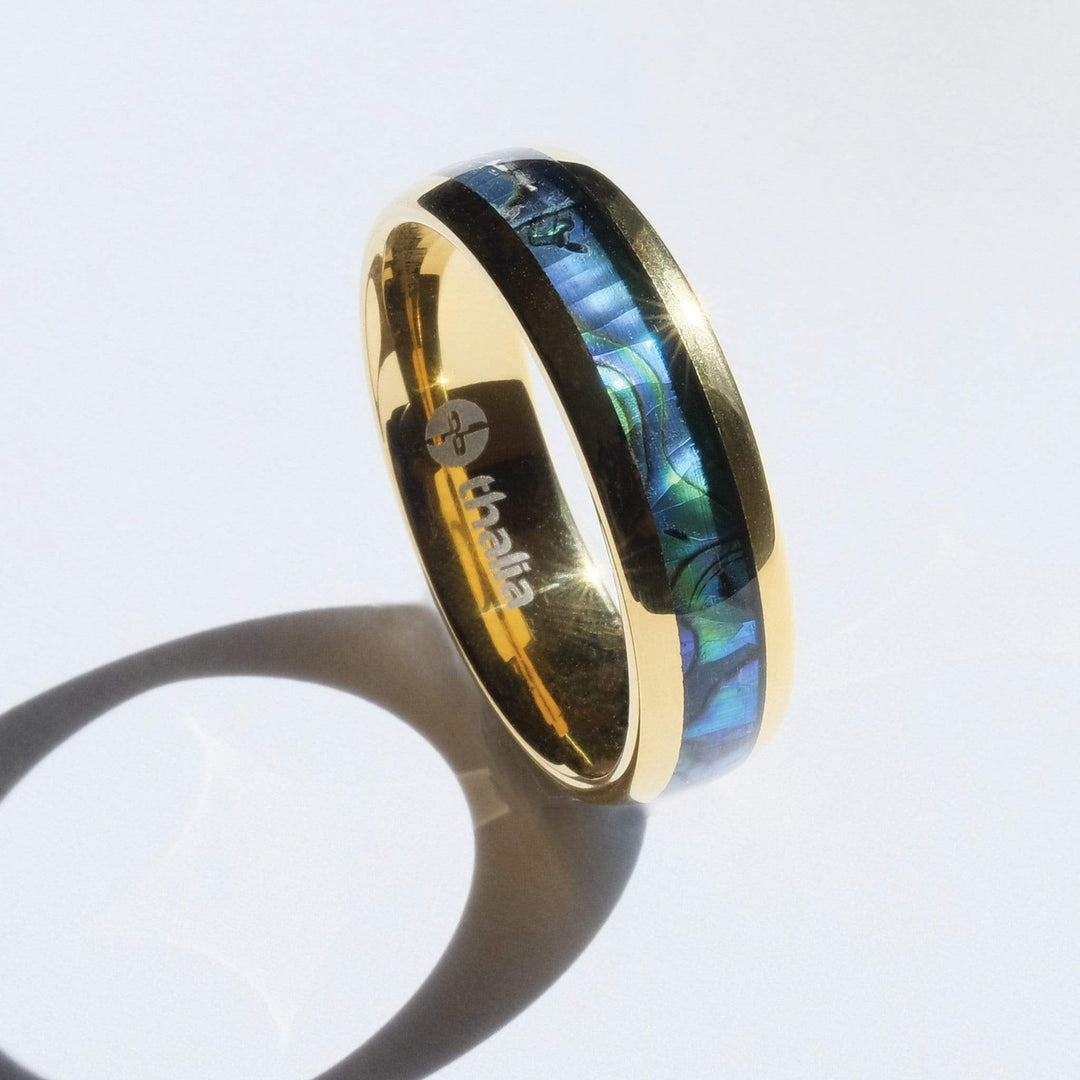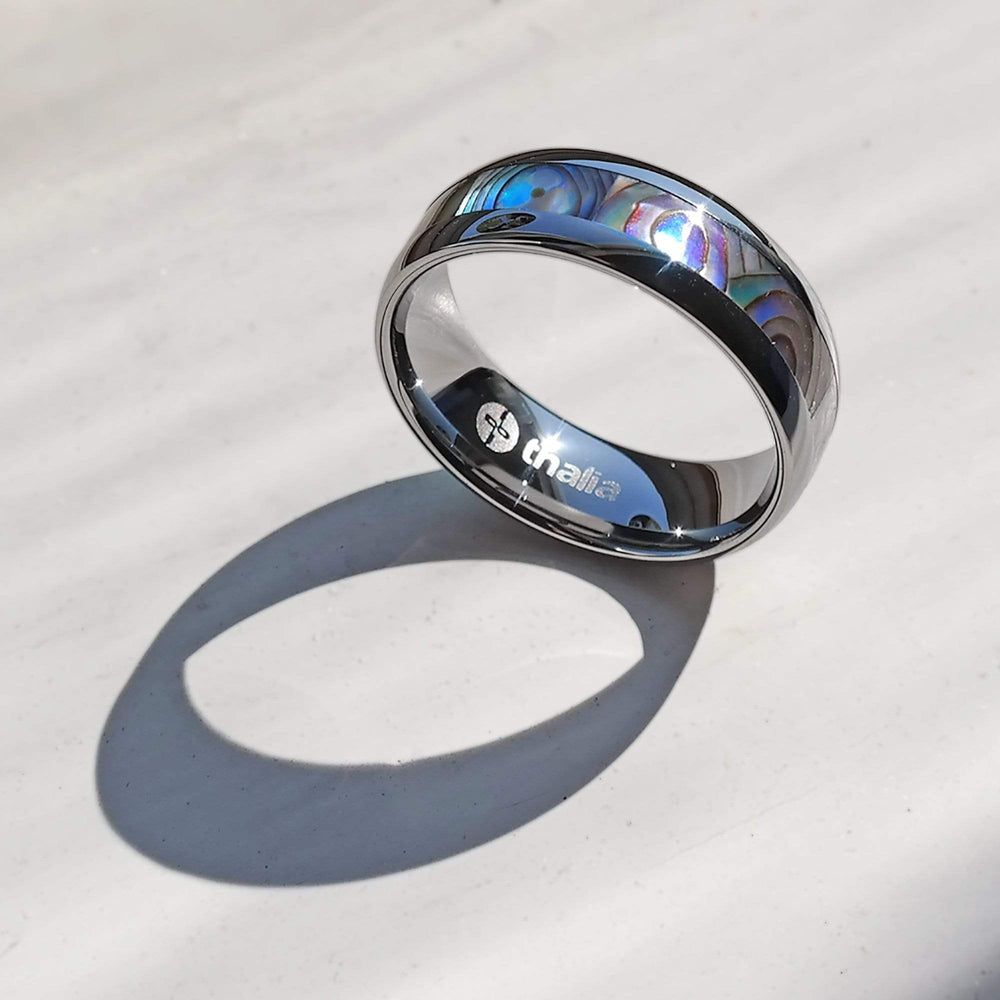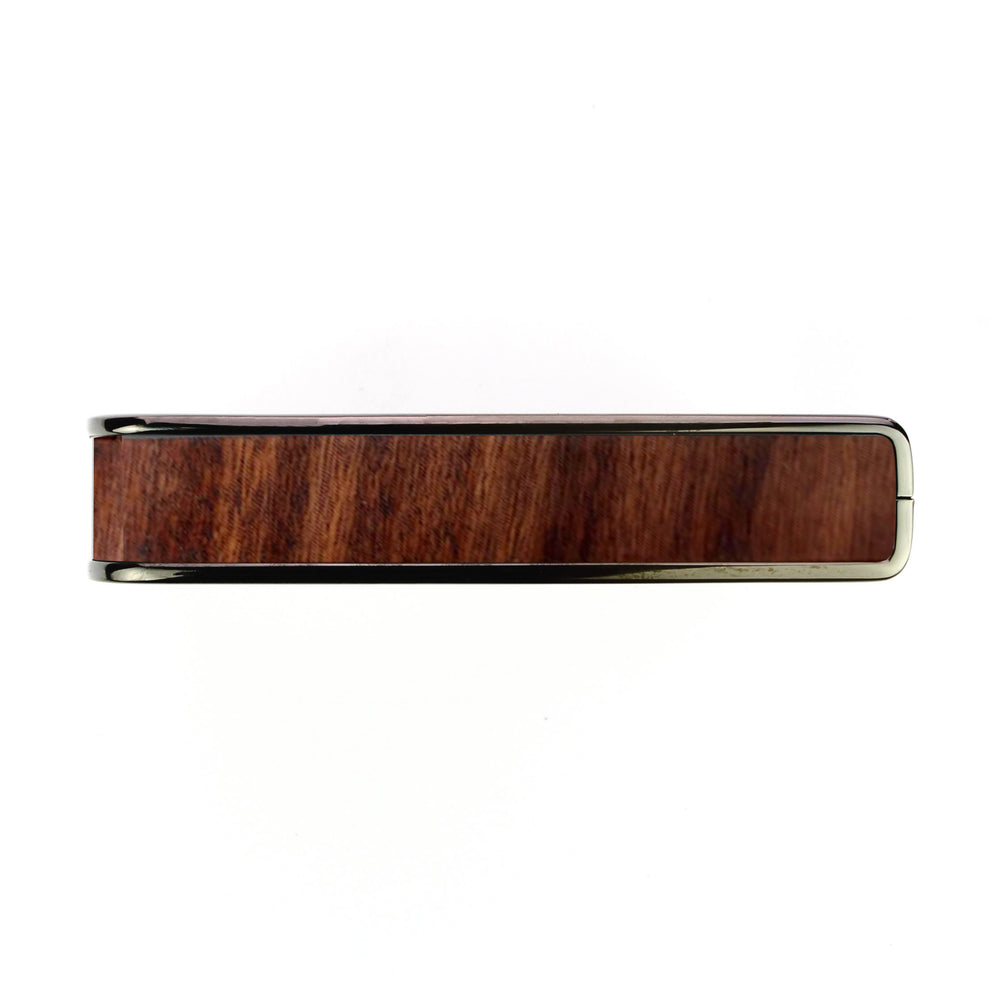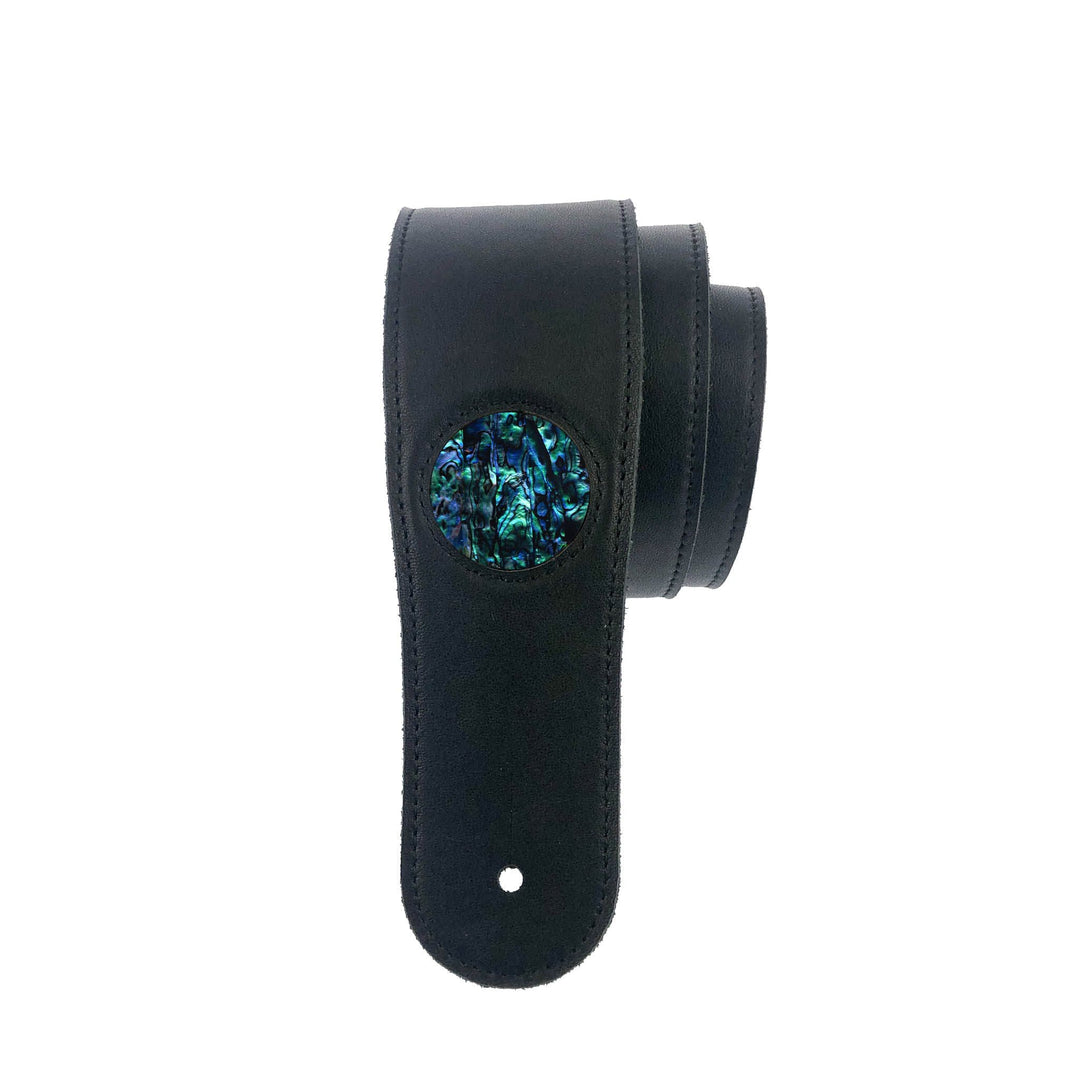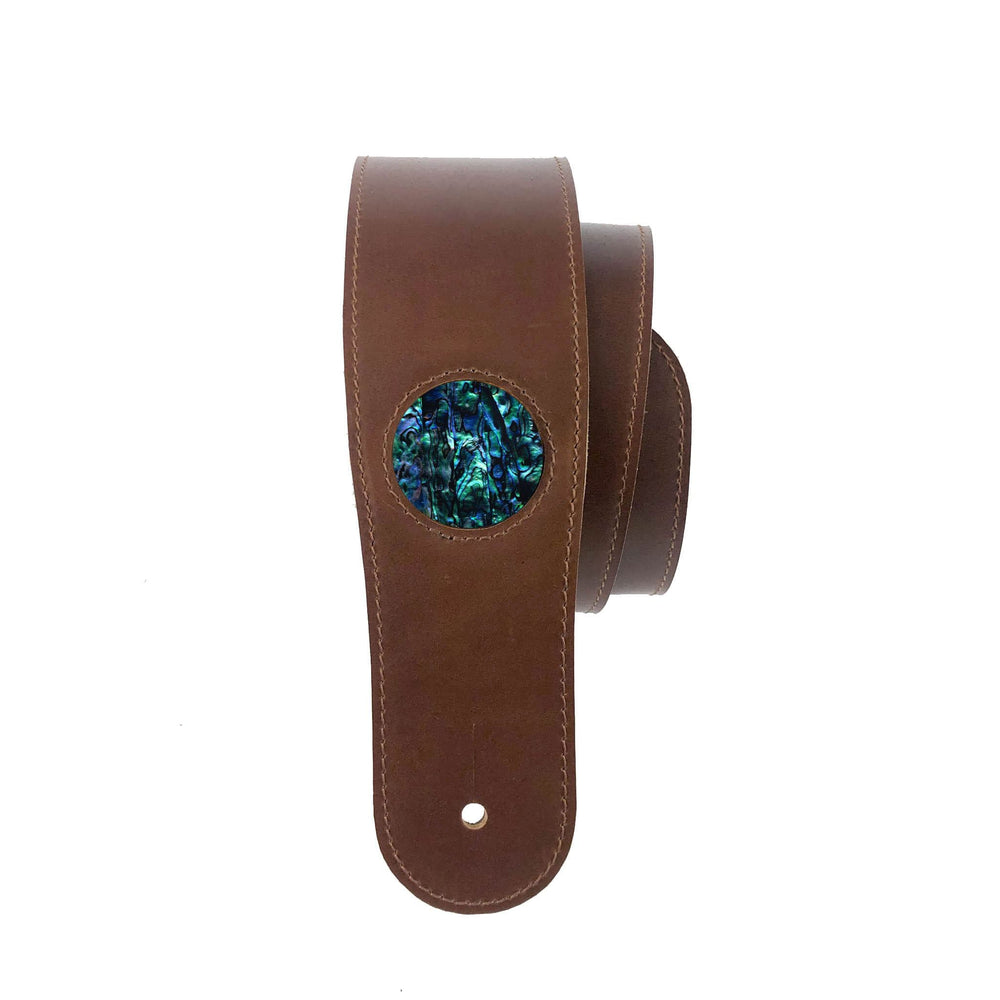The Right Way to Start a Band

There’s a lot to be said for bedroom warriors.
Playing guitar solo certainly has its advantages. It’s a great way to let off stream, to sharpen your axe (if you’ll forgive the pun) and there’s something quite meditative about letting the world go by as you strum away.
But, even the most committed bedroom warrior gets lonely sometimes. If you’re sick of riffing in isolation, then joining a band is a no-brainer. It’s a great social activity, playing with other musicians makes you a better player, and it lets you take your music out into the great wide world.
Here’s the thing, though. Starting a band isn’t as straightforward as you might think. Heck, why do you think the vast majority of bands fall to pieces before even reaching their first gig?
If you’re gonna do it, do it right. Assuming you want to play in a group that actually goes the distance, then you need to ask yourself these four questions:
- What do I want out of this?
Before you start out on your journey to rocking band-dom, you need to do a bit of soul searching. What is it that made you want to play with other musicians?
 |
- Is it the sheer joy of meeting up with some friends and having a jam?
- Are you desperate to get out there and play as many gigs as you can?
- Do you see this as a stepping-stone to becoming a professional musician?
- Is this more of a recreational, weekend escapism thing?
None of these answers is wrong. All are equally valid reasons for playing music in an ensemble. But you need to know which one it is for you so that you can be honest to yourself about why you’re doing this. And, you’re not the only one that needs to ask that question…
- What do they want out of this?
If you want your band to be a success, then everyone needs to be on the same page.
If Derek, the bass player, sees the band as a bit of fun but Nigel, the lead guitarist, wants to make a career out of it, that’s going to cause tension from the get go. Nigel, who will probably be putting a lot of effort into the group, will resent Derek for not doing his fair share. Derek, by contrast, will get angry at Nigel for taking things too seriously.
Sit down with your prospective band mates and make sure you share the same goals from the get go. It will make things much easier down the line.
- Can we all get along (enough)?
It doesn’t matter how great the musicians in your band are. If you can’t find common ground with them, it’s not going to work out.
This is not to say that you have to be super-chummy with your band mates. As the members of the Who, and Mick Jagger and Keith Richards will attest, your creative partners aren’t always your BFFs. But, you have to be able to work with them on some level, to communicate, and to share some common bond.
- Can we all play together?
On the flip side, you might find yourself in a situation where everyone is super-tight from a friendship perspective, but not so much from a musical perspective.
 |
Your band is only as strong as your weakest player, and it’s imperative that, when it comes to skill level, you’re all in vaguely the same ballpark.
Say your guitarist has been playing for three decades, but your bassist got his first instrument for Christmas. The guitarist is going to get frustrated at being held back, while the bassist is going to really struggle keeping up.
Pick players who are at roughly the same level, and you get to go on a journey together at an even keel. It’ll be much more satisfying for all of you.
Oh, and one more thing: this isn’t to say that you beginners out there shouldn’t join a band. You absolutely should! It’s an amazing, rewarding experience that will improve your playing leaps and bounds. Just find some musicians who, like you, are just starting out on their musical journey!
Do you play in a band? What tips do you have for keeping things harmonious – on a personal and musical level - in your group? As always, share your stories in the comments!



